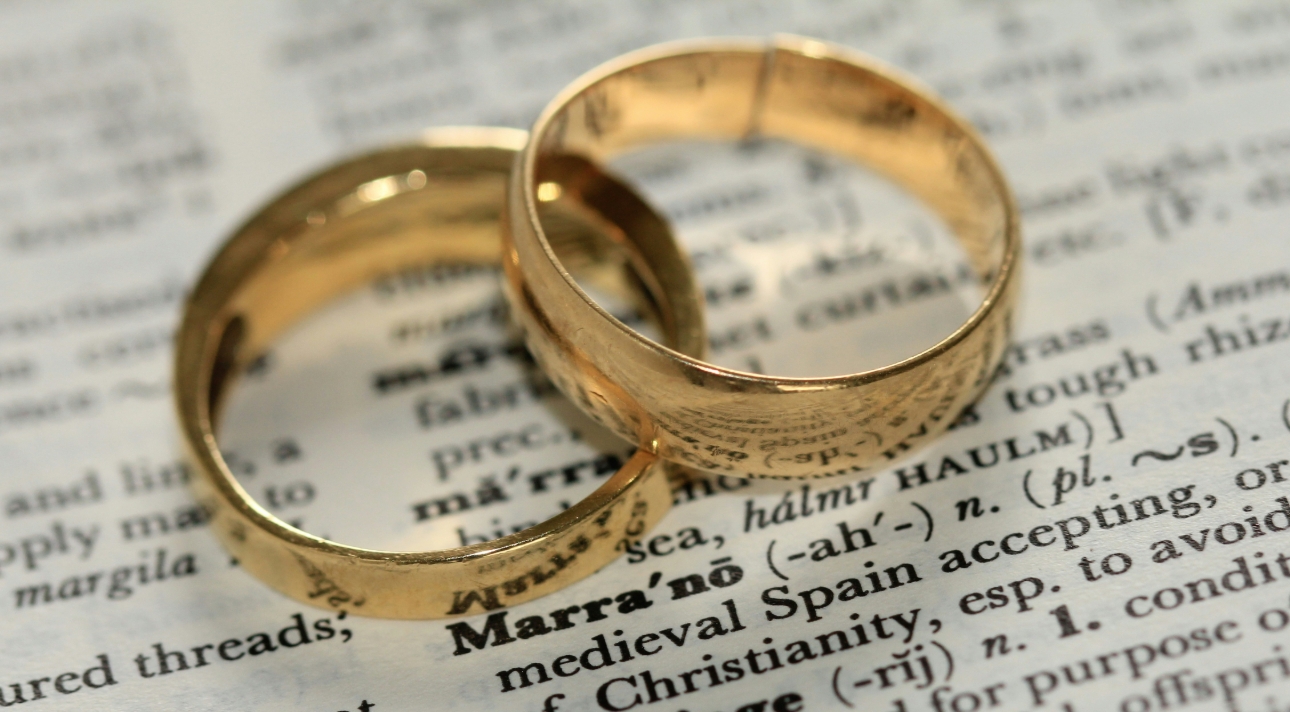"My fiancé and I are tying the knot this year, I wanted to look at a pre-nup but have no idea where to start! What's involved, what are the benefits of having one, and how best do I talk to my partner about this?"
Victoria Cannon, Partner and Head of Family Law at Hugh James answers our reader's question.Congratulations on your upcoming wedding! The excitement of planning your big day comes with many decisions, and considering a pre-nuptial agreement (pre-nup) is a practical step that many couples are now exploring. While pre-nups were once seen as only for the wealthy, they are becoming increasingly popular as a way to provide financial clarity and peace of mind, especially if you are a business owner, have inheritance or assets acquired prior to the marriage. In my view, prenuptial agreements should be seen like car or wedding insurance, arranged in the event that something should happen, but not with the expectation that it is needed.
What is a pre-nup and what's involved?A pre-nuptial agreement is a legal document that sets out how your assets will be divided in the event of a divorce. It can cover:
- Assets owned before the marriage – protecting savings, property, or a business.
- Assets acquired during the marriage – clarifying how they would be shared if you separate.
- Inheritance or family wealth – ensuring future financial security for children from a previous relationship.
At the point that you get married your assets are seen as joint matrimonial assets and in the event of a divorce all of these could be up for division. Therefore, it is important for you to consider your assets carefully and what both of you would want to happen to them if the marriage breaks down.
It is also worth noting that while pre-nups aren't automatically legally binding in England and Wales, if they are fairly drafted and meet legal guidelines, courts will generally uphold them. To ensure this, both you and your fiancé should:
- Fully disclose your financial situations before signing.
- Seek independent legal advice to ensure fairness.
- Sign the agreement at least 28 days before the wedding to prevent any last-minute disputes.
What are the benefits of a pre-nup?Ultimately pre-nups are there to protect assets, safeguarding your individual wealth, business interests, or family inheritance. They also help to prevent disputes and provide clarity, as if both parties are clear from the start what will happen if they divorce, there is less uncertainty and risk of stressful and costly legal battles. Often, we hear from clients who have chosen to end their marriage and do not know what to expect or what is going to happen. Divorce is a worrying and uncertain time, so having a prenuptial agreement can really help to ease that burden. Pre-nups are also great tools for safeguarding children's interests, for example if you want to protect assets for the benefit of children from a previous relationship.
How do I talk to my partner about a pre-nup?Bringing up a pre-nup with your fiancé can feel tricky, but it's important to approach it positively and openly. Here are some tips:
- Start the conversation early – A pre-nup must be signed well in advance of the wedding, so allow time for discussions.
- Present it as financial planning – Like a will or insurance, a pre-nup is a sensible step to protect both of you.
- Reassure your partner – Explain that this isn't about expecting divorce but ensuring a fair agreement for both of you.
- Seek professional advice together – A family lawyer can explain the process to both of you and ensure the agreement is tailored to your needs.
Next stepsIf you're considering a pre-nup, it's best to speak to a family lawyer as soon as possible. They can guide you through the process, ensure the agreement is fair and legally sound, and help make discussions with your fiancé smoother.
Need expert guidance?
Hugh James' friendly family law team is happy to help with a free, no-obligation chat to explore your options.
